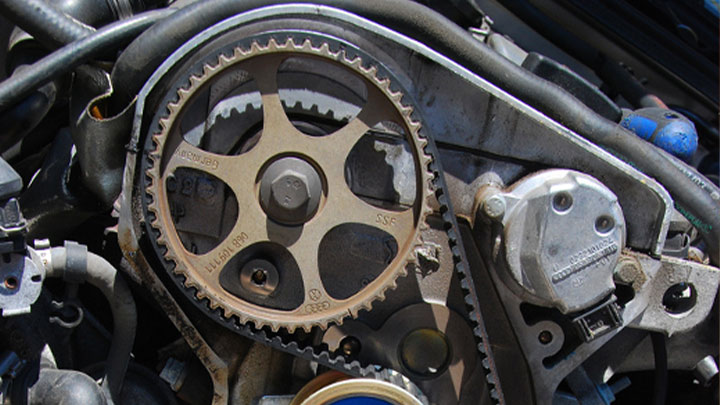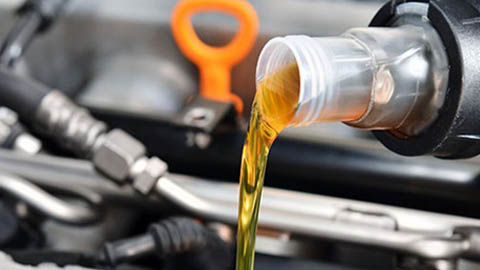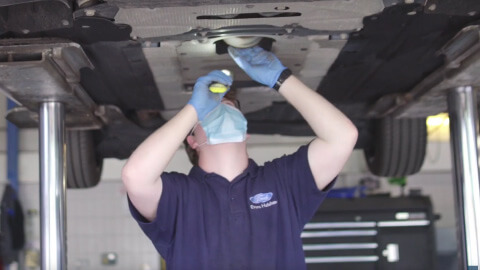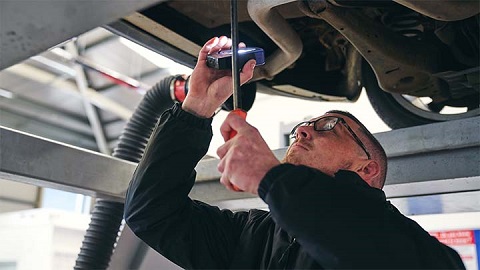Book a Visual Check Today
If your vehicle's engine utilises a timing belt (as opposed to a timing chain) then it requires routine maintenance as set out by the manufacturer.
Compared to other wear and tear items on your vehicle, the timing belt doesn't need changing very often. Details of the replacement schedule for your specific model can be found in the handbook.
Failing to maintain the timing components on your vehicle could result in catastrophic engine damage and a large bill, which is why we offer competitively priced replacements at all of our authorised Evans Halshaw retailers. You can even pay for cam belt replacement through Payment Assist, our interest-free monthly payment option.
If you aren't sure your vehicle needs the belt replacing, then our technicians will be more than happy to perform a visual health check and then advise you on the condition.
Frequently Asked Questions

The timing belt (also known as the cambelt) synchronises the rotation of the engine's camshaft and crankshaft. As a result, it allows the inlet and exhaust valves to open at the correct time during the combustion process.
In simpler terms, it allows the components in your vehicle's engine to work together in perfect harmony.
Unfortunately, the timing belt is usually located by various protective covers, so there's no straight-forward way of checking its condition unless you're willing to remove all the covers and look.
Unless you know the history of your car and have evidence that the belt has been changed at the correct intervals, then it may be worth having your vehicle checked over by one of our qualified technicians, who will be able to advise you on its condition.
Each vehicle that has a timing belt will have a set replacement schedule that has been recommended by the manufacturer. So, the clear answer is that you simply need to consult with your vehicle's history and handbook to decide when it needs changing.
However, if you have no history of belt change then it's worth having the belt checked by our technicians. If you want added peace of mind, getting the belt replaced is a wise choice that could save you a pretty penny further down the line.
Eventually, it will snap. What happens when it does completely depends on what kind of engine is in your vehicle, because there are two types: interference and non-interference.
In a non-interference engine, the pistons and valves don't occupy the same space within the combustion chamber. Therefore, if the belt snaps, you will simply come to a stop with no damage done to the engine's internals (although the snapped belt could damage other compontents on the outside).
However, in an interference engine, the valves and pistons do occupy the same space in the chamber. So, if the belt snaps, then the valves and pistons will smash each other to pieces. This translates to an engine that is written off and a hefty repair bill.





